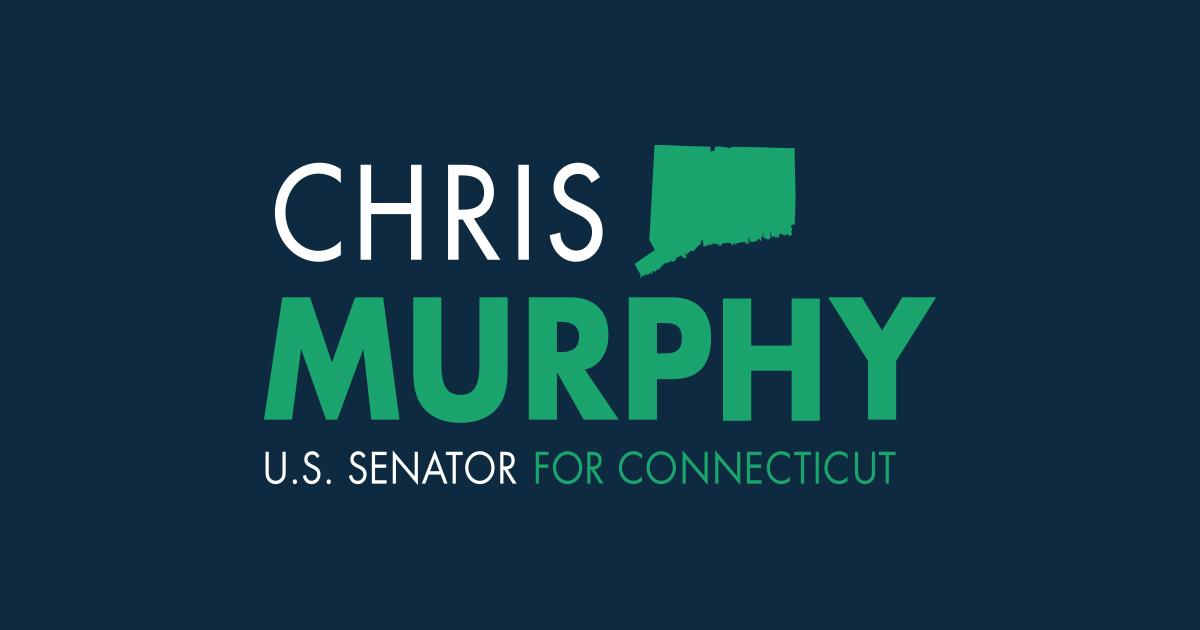Source: United States Senator for Connecticut – Chris Murphy
WASHINGTON–U.S. Senator Chris Murphy (D-Conn.) authored an op-ed in TIME with Richard Weissbourd, a Senior Lecturer and the faculty director of the Making Caring Common Project at the Harvard Graduate School of Education, on how America’s obsession with individual success has come at the expense of our sense of community and the collective good. Murphy and Weissbourd lay out the consequences of this inward turn and highlight the ways that policy can contribute to rebuilding a healthy society.
“In America today, far too many of us are disconnected from each other, lonely, self-protective, or at each other’s throats. Sacrifice for the common good feels anachronistic. Everything not nailed down has been commoditized or turned into a source of personal enrichment. The daily ‘shout’ shows and nonstop social media hostility push us into corners and reward balkanization. Sacrificing personal gain for the common good or treating people with different views respectfully or prioritizing collective success over individual success—it’s all for the suckers,” Murphy and Weissbourd wrote.
They lay out two distinct challenges: “Put simply, one cannot have a sense of community if the community doesn’t exist. Healthy, inclusive communities have all sorts of benefits, including increased safety; a greater sense of belonging, identity and pride; and a buffer in times of crisis. They’re also a vital antidote to pervasive loneliness in this country, which takes a large physical and emotional toll and is distressingly common among the young.”
“The other, perhaps more important challenge, is to expand Americans’ circles of care and obligation. For too many Americans, their community is tightly drawn – kin, religious or ethnic group or political party…We must convince Americans that there is reason for them to care about those outside their immediate community,” they added.
Murphy and Weissbourd argue government can – and must – meet these challenges. On the potentially corrosive effects of technology and social media, they wrote: “America doesn’t need to pretend that these platforms are outside our control. We could choose to pressure these companies to act more responsibly and to disincentivize individuals, especially children, from disappearing into their phones.”
On revitalizing local communities and institutions, they propose: “Healthy, vibrant places and social institutions also provide opportunities for non-political, non-sectarian identities that are likely healthier than ideology-based identity. This effort would involve thoughtful industrial policy, designed to bring good paying industrial and high-tech jobs back to small communities, but also deliberate support for places of worship and clubs and local newspapers—institutions where local identity is formed.”
They continued: “All of this work ought to be placed within an ethical narrative. Americans need leaders who can convey that while we all have different stories, we are also part of the same story, a ‘story of us’—a story about what it means to be an American that resonates with diverse people across the country. Woven into this narrative should be more thoughtful and consistent talk about the civic values that undergird a healthy democratic society and political community.”
Murphy and Weissbourd concluded: “Individualism will always be a hallmark of American identity. But it is time that we took deliberate steps to raise up concern for the common good. When our community does better, we should feel as much satisfaction as when our own personal lot improves. It is upon this work that our brave, beautiful experiment in democracy may depend.”
Read the full op-ed here.
Murphy authored an op-ed for The Bulwark on the epidemic of loneliness, why it should matter to policymakers, and policy solutions Congress should pursue. Murphy also wrote a piece for The Atlantic on the failures of neoliberalism.
###
